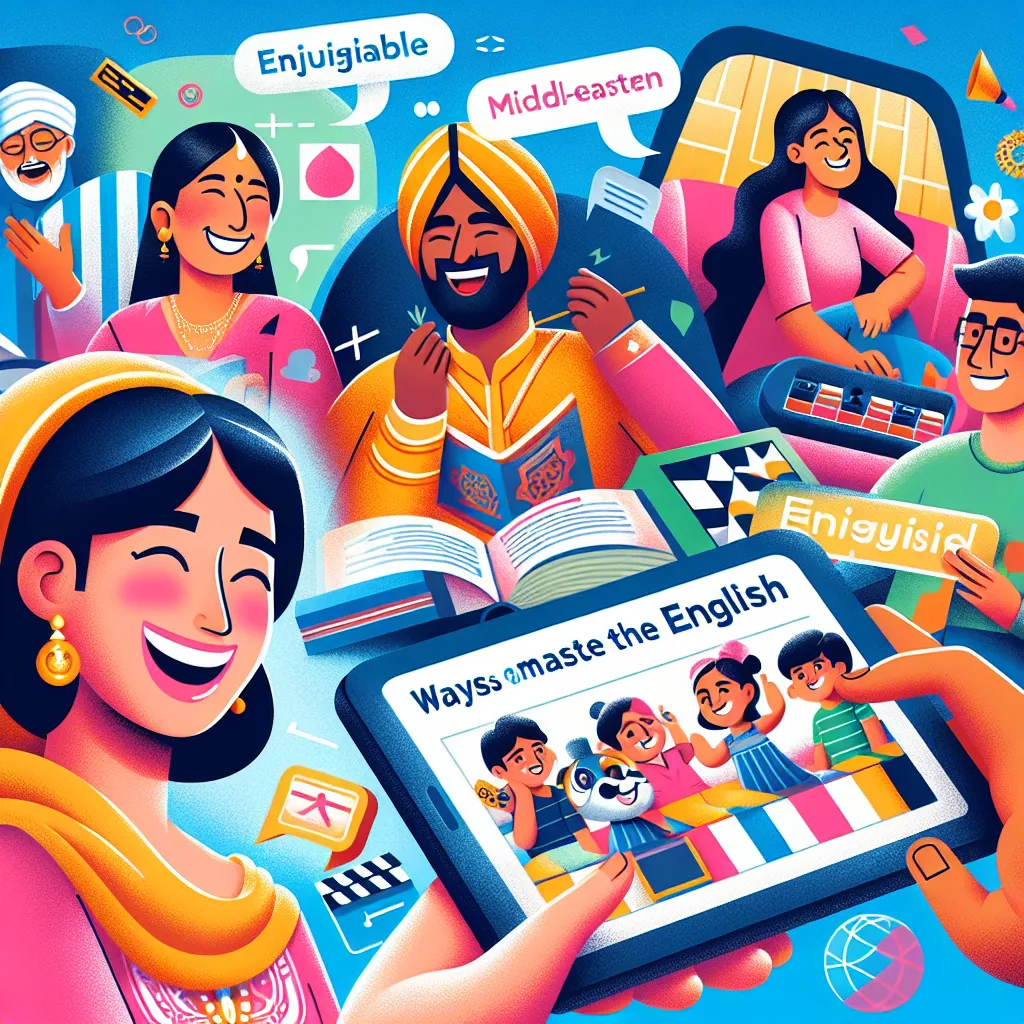Learning English through cultural immersion is an exciting and effective way to improve your language skills. By engaging in cultural events, you can enhance your vocabulary, boost your confidence in speaking, and gain a deeper understanding of English-speaking cultures. This guide will explore the benefits of participating in cultural events and provide practical tips to maximize your language learning experience.
The Power of Cultural Immersion in Language Learning
Cultural immersion is a powerful tool for language acquisition. When you participate in cultural events, you expose yourself to authentic language use in real-life contexts. This approach helps you develop a more natural and fluent command of English, as opposed to learning solely from textbooks or in classroom settings.
 Cultural immersion for language learning
Cultural immersion for language learning
Benefits of Learning English Through Cultural Events
- Authentic language exposure: Cultural events provide opportunities to hear native speakers use English in natural settings.
- Contextual learning: You’ll learn new vocabulary and expressions in their proper context, making them easier to remember and use.
- Cultural understanding: Participating in events helps you grasp cultural nuances, idioms, and social norms.
- Improved listening skills: Exposure to various accents and speaking styles enhances your ability to understand spoken English.
- Increased motivation: Engaging with the culture can boost your enthusiasm for learning the language.
Types of Cultural Events for English Learning
There are numerous cultural events you can participate in to improve your English skills. Here are some popular options:
1. Festivals and Celebrations
Festivals offer a wealth of opportunities to practice English while enjoying local traditions. For example, attending a St. Patrick’s Day parade in an English-speaking country allows you to learn about Irish-American culture while picking up related vocabulary and expressions.
2. Art Exhibitions and Museum Tours
Art galleries and museums often offer guided tours in English. These events provide a chance to learn specialized vocabulary related to art, history, and culture while engaging in discussions about the exhibits.
3. Music Concerts and Theater Performances
Attending English-language concerts or plays exposes you to colloquial expressions, slang, and various accents. Pay attention to song lyrics or dialogue to improve your listening comprehension and expand your vocabulary.
4. Food and Culinary Events
Food festivals, cooking classes, and wine tastings are excellent opportunities to learn English vocabulary related to cuisine and dining. You’ll also practice ordering food and engaging in small talk with other attendees.
5. Sports Events
Attending sports games or watching them in public venues allows you to learn sports-related terminology and engage in conversations with fellow fans. This can be particularly helpful for understanding idiomatic expressions often used in sports contexts.
Strategies for Maximizing Language Learning at Cultural Events
To make the most of your cultural event experiences, consider the following strategies:
1. Prepare Beforehand
Research the event and related vocabulary before attending. This preparation will help you understand conversations and participate more confidently.
2. Engage in Conversations
Don’t be afraid to strike up conversations with other attendees or event staff. Practice introducing yourself and asking questions about the event or local culture.
3. Take Notes
Carry a small notebook or use your smartphone to jot down new words, phrases, or cultural insights you encounter during the event.
4. Participate in Group Activities
Many cultural events offer interactive elements or group activities. Participate actively to practice your speaking skills and learn from others.
5. Follow Up After the Event
Review your notes, research any new concepts you learned, and try to use new vocabulary in your daily English practice.
Overcoming Language Barriers at Cultural Events
It’s natural to feel nervous about using English at cultural events, especially if you’re not yet fluent. Here are some tips to overcome language barriers:
- Use simple phrases: Start with basic expressions and gradually build your confidence.
- Embrace mistakes: Don’t worry about perfection; native speakers appreciate your efforts to communicate.
- Use non-verbal communication: Gestures and facial expressions can help convey your message.
- Ask for clarification: If you don’t understand something, politely ask for an explanation.
- Practice active listening: Pay close attention to speakers and try to pick up context clues.
Integrating Cultural Event Experiences into Your English Learning Routine
To maximize the benefits of attending cultural events, incorporate your experiences into your regular English study routine:
- Write about your experiences in a journal or blog to practice writing skills.
- Share your experiences with language exchange partners or in English conversation groups.
- Create vocabulary lists based on the new words and phrases you encountered at events.
- Watch videos or read articles related to the cultural events you attended to reinforce your learning.
Conclusion
Participating in cultural events is an enjoyable and effective way to enhance your English language skills. By immersing yourself in authentic cultural experiences, you’ll improve your vocabulary, listening comprehension, and speaking abilities while gaining valuable insights into English-speaking cultures. Remember to approach each event with an open mind and a willingness to learn, and you’ll find your English proficiency improving rapidly.
To further enhance your language learning journey, consider combining cultural event participation with other effective English learning strategies. This holistic approach will help you develop well-rounded language skills and cultural competence, essential for mastering English in today’s interconnected world.




